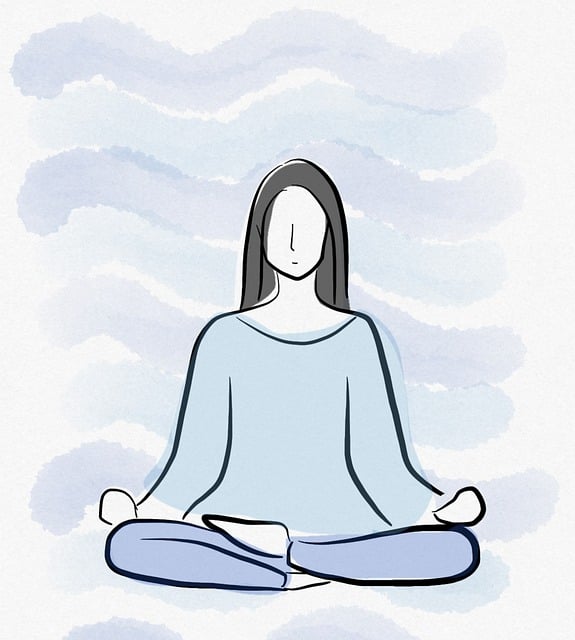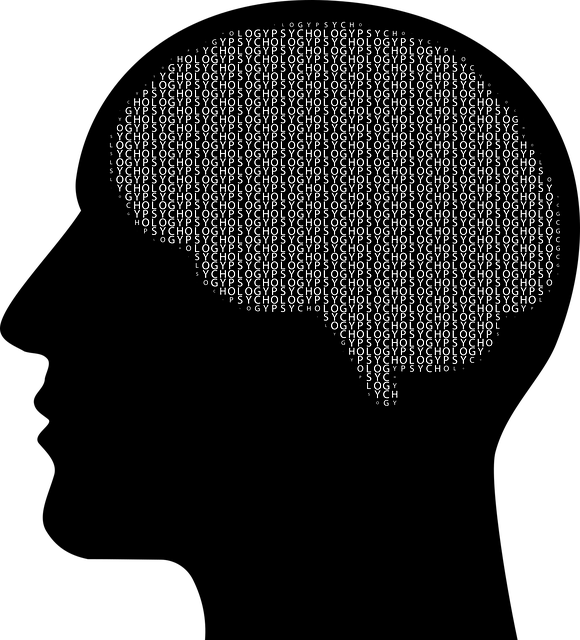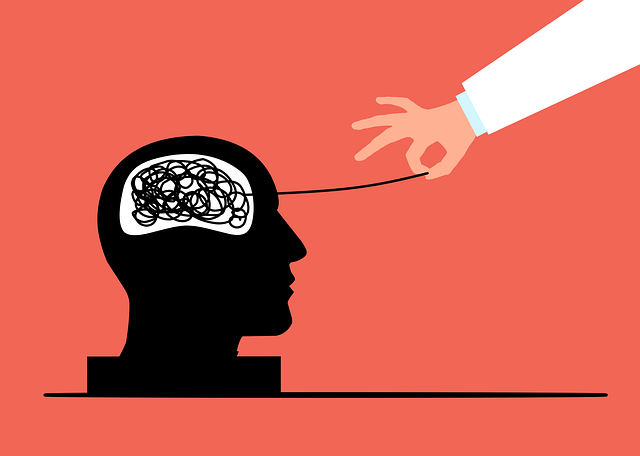Ecotherapy, integrating natural environments into mental health psychotherapy, offers a holistic approach for improved well-being. Through activities like hiking, gardening and nature journaling, it reduces stress, anxiety, and depression while promoting creativity and mindfulness. Backed by research, ecotherapy complements traditional therapy, addressing physical, social, and emotional needs. Despite accessibility challenges, its potential is unlocked through adaptable practices and ongoing research, positioning it as a valuable component of modern mental health care.
“Unwind and reconnect with nature for enhanced mental well-being—this is the core philosophy behind ecotherapy, a holistic approach to psychotherapy that leverages the healing power of the natural environment. This article explores various facets of ecotherapy and nature-based therapies, including their profound benefits for mental health, diverse practices, and real-life success stories.
From understanding the concept to overcoming challenges, we delve into how integrating nature into psychotherapy sessions can revolutionize traditional treatment methods.”
Understanding Ecotherapy: A Holistic Approach to Mental Health

Ecotherapy, also known as nature-based psychotherapy, is a holistic approach to mental health that leverages the healing power of nature and outdoor experiences. This innovative therapy recognizes the profound impact that being in natural environments can have on our emotional well-being. By incorporating activities such as gardening, hiking, or simply sitting in quiet natural spaces, ecotherapy aims to reduce stress, improve mood, and enhance overall mental resilience.
Unlike traditional psychotherapy which often takes place in clinical settings, ecotherapy brings the therapy to the great outdoors. This shift in environment can be transformative, offering a break from stressful stimuli and promoting mindfulness. Research has shown that engaging with nature can stimulate creativity, foster a sense of calm, and even improve physical health markers like blood pressure and immune function. As such, ecotherapy is gaining recognition as a complementary and effective approach to conventional mental health psychotherapy.
The Benefits of Nature-Based Therapies for Wellbeing

Spending time in nature has been shown to have profound effects on our mental health and overall wellbeing. Nature-based therapies, such as ecotherapy, offer a unique and accessible way to improve psychological well-being. Engaging with the natural environment can reduce stress, anxiety, and depression by promoting relaxation and enhancing mood. Studies suggest that green spaces provide opportunities for physical activity, social interaction, and mindfulness—all of which contribute to improved mental health.
These therapies also foster a sense of connection and grounding, helping individuals develop a stronger relationship with their surroundings. This heightened awareness can lead to better stress management skills and increased resilience. Moreover, nature-based activities like gardening or forest bathing encourage present-moment awareness, allowing individuals to detach from the constant stimulation of modern life. As a result, people often experience improved focus, creativity, and a renewed sense of purpose.
Different Types of Ecotherapeutic Practices

Ecotherapy, or nature-based therapy, encompasses a range of practices that harness the healing power of natural environments to improve mental health and overall well-being. These approaches can take various forms, each offering unique benefits for individuals seeking alternative ways to manage stress, anxiety, depression, and other common mental health issues. One popular method is ecopsychology, which focuses on connecting people with nature through activities like hiking, gardening, or simply spending time in green spaces. This practice encourages mindfulness and a sense of grounding, helping individuals cultivate a deeper appreciation for the natural world and their place within it.
Another type, green exercise, involves engaging in physical activity in natural settings, such as walking in forests, cycling through parks, or participating in community gardening. These activities not only promote physical health but also stimulate the release of phytochemicals (plant-derived compounds) that can enhance mood and reduce symptoms of depression and anxiety. Additionally, some ecotherapeutic practices incorporate artistic expressions like nature journaling, photography, or art made from natural materials, allowing individuals to explore their creativity while connecting with nature. These diverse methods demonstrate the adaptability and accessibility of ecotherapy as a complementary approach to traditional mental health psychotherapy.
Incorporating Nature into Psychotherapy Sessions

Incorporating nature into psychotherapy sessions, also known as ecotherapy or nature-based therapy, is gaining significant traction in the field of mental health. This approach leverages the healing power of the natural environment to enhance traditional talk therapy. Research has shown that spending time outdoors can reduce stress, improve mood, and boost overall well-being, making it a valuable tool for therapists to support clients managing anxiety, depression, and other mental health challenges.
During sessions, therapists might engage clients in activities such as walking in nature, gardening, or simply sitting in a park. These experiences provide opportunities for mindfulness, reflection, and connection with the environment. The sensory richness of natural settings can facilitate deeper conversations and encourage clients to explore their emotions in a different context, often leading to increased self-awareness and enhanced therapeutic outcomes.
Case Studies: Real-Life Success Stories of Ecotherapy

Ecotherapy, with its roots in connecting individuals with nature, has gained significant traction as a complementary approach to mental health psychotherapy. Numerous case studies illustrate the profound impact of nature-based interventions on various psychological conditions. For instance, research has shown that spending time in green spaces can reduce symptoms of depression and anxiety, leading to improved overall well-being. One notable study involved urban residents who participated in regular community gardening programs. Over a period of several months, participants reported decreased stress levels, enhanced mood, and increased life satisfaction, showcasing the potential of ecotherapy in urban settings.
Another compelling case involves individuals with post-traumatic stress disorder (PTSD). Outdoor therapy sessions, incorporating activities like hiking and mindfulness exercises in natural environments, have proven effective. Participants shared feelings of calmness and a sense of perspective, offering a much-needed respite from their traumatic memories. These success stories highlight the versatility of ecotherapy, demonstrating its ability to cater to diverse mental health needs while providing a unique and often powerful alternative to traditional psychotherapy settings.
Overcoming Challenges and Barriers in Nature-Based Therapy

Overcoming Challenges and Barriers in Nature-Based Therapy
While ecotherapy and nature-based approaches offer numerous benefits for mental health psychotherapy, there are challenges that must be addressed to ensure their effectiveness. Accessibility is a primary concern; not everyone has equal access to natural spaces, whether due to geographical constraints, economic limitations, or disabilities. This can create barriers to engaging in nature-based therapies, highlighting the need for inclusive practices and adaptable treatment options.
Additionally, incorporating nature into traditional psychotherapy can be complex. Mental health professionals must receive appropriate training to integrate these techniques effectively while maintaining evidence-based practices. Resistance from clients or skepticism from healthcare providers may also present obstacles. However, with careful planning, cultural sensitivity, and ongoing research, these challenges can be navigated, enabling the full potential of ecotherapy to support mental well-being.
Future Prospects and Research in Ecotherapy

The future of ecotherapy looks promising, with growing interest and research into nature-based approaches for mental health psychotherapy. Emerging studies suggest that connecting with natural environments can significantly enhance traditional therapeutic practices, offering a holistic approach to treating various mental health conditions. As society becomes more urbanized and disconnected from nature, there is an urgent need to explore these methods further.
Research in this field is expanding, focusing on understanding the mechanisms behind the therapeutic effects of nature exposure. This includes investigating how natural settings impact stress reduction, mood regulation, and cognitive functioning. With advancements in technology, virtual reality ecotherapy and nature-inspired indoor environments are also gaining traction, making accessible the benefits of nature to a wider audience. These innovations open doors for future studies to explore the potential long-term effects and optimal dosages of nature therapy, ensuring its integration as a valuable component of mental health care.
